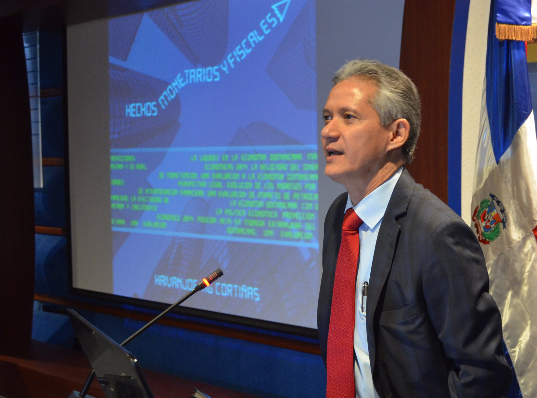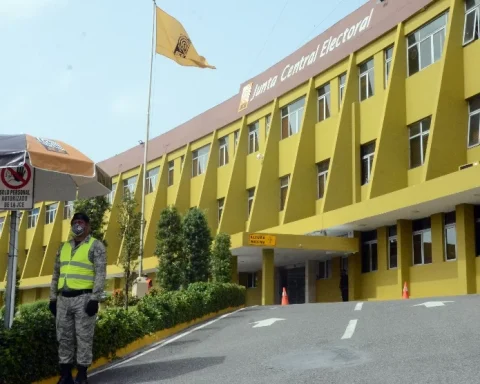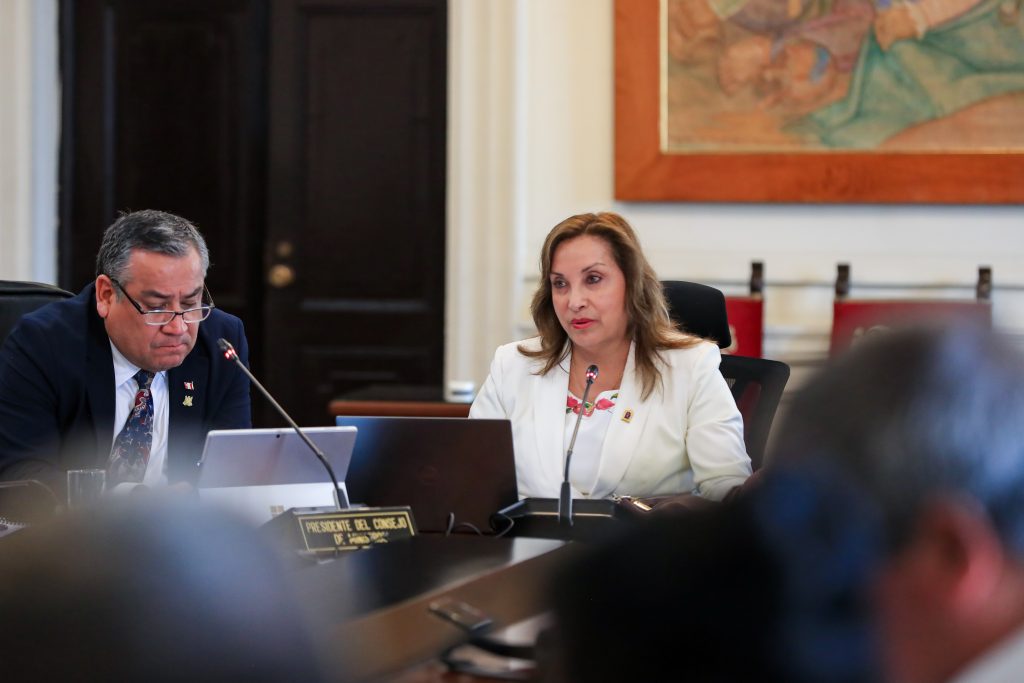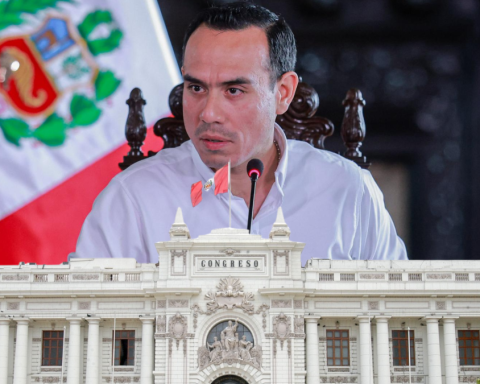The economist Haivanjoe Ng Cortiñas warned this Tuesday that the tax reform announced by the Government will have “brutal” results for workers, the middle class, consumers and the people in general, while affirming that it comes to attack against the privacy of Dominican citizens.
He stated that taking the amount of RD$122,486 million out of citizens’ pockets with the types of taxes presented by the tax reform will cause inflation to once again resume its upward path, including the increase in prices of products and services that do not form part of the part of the basic basket.
Ng Cortiñas He stated that it is barbaric, if not a crime, that the government proposes to supervise and audit people’s consumption, under the pretext of reducing tax crime.
He maintained that the tax reform presented is regressive in nature, evidenced by the fact that more than 61.0% of the RD$122,486 million that is to be collected with the aforementioned reform corresponds to ITBIS, therefore, they are indirect taxes.
“Of the 50 goods and services that are exempt from ITBIS today, only 21 will be exempt, the rest will be charged 18.0%, which implies an increase in the tax base,” said the economist.
He expressed his astonishment with the government by calling the tax reform a fiscal modernization law, so he asked himself, are we in the 17th century when taxes stopped being paid in kind to be paid in cash, a phenomenon that by then was Could you call it modernity of taxes?
“Putting more taxes has nothing modern, it is a tax brutality, characterized by affecting workers, the middle class and consumers in general, who will pay the cost of taxation, for the government to increase current spending of an unproductive nature in the Dominican Republic,” he stated.
Haivanjoe seriously questioned that the General Directorate of Internal Revenue (DGII) takes the authority to investigate whether citizens spend a lot or a little, a mission that does not correspond to that body whose responsibility is to control income, not people’s spending.
The economist referred in these terms, when citing the official text that the government used to present the reform, saying “a program of massive inspections and audits of natural persons will be implemented, where their consumption will be compared with the levels of income reported to the DGII.”
He warned that the middle class will also be affected by online purchases of US$200.0, called low-cost, this modality being one of the ways it has had to overcome inflation, given the loss of power purchasing power and lagging wages.
Likewise, the author of 5 books on the Dominican economy highlighted the increase in the tax on labels, doubling its metric, going from RD$1,500 to RD$3,000 and from RD$3,000 to RD$6,000, for an increase equivalent to 100.0 %.
He added that reducing the minimum threshold exempt from real estate property tax (IPI), from RD$ 9.8 million to RD$ 5.0 million, is a blow to many property owners, which will mean that when they have them for rent, the increase will be transferred to the tenants, increasing the pressure towards an increase in relative prices, but, in addition, it will increase the pressure of taxes on the income of the Dominican family.
Along the same lines, the economist expanded that “eliminating the exemptions to the Dominican textile sector will affect about 70 thousand workers who work in that sector of the economy, characterized in its composition by being medium, small and micro-enterprises, which will cause, Furthermore, a slowdown in that productive activity.
He indicated that the government has not explained why it wants RD$122,486 million in tax revenues, if what it has stated is that it is going to spend RD$110 billion. What will he do with the difference that is RD$ 12,486 million? he asked himself.
“The government’s argument to justify the tax reform is that it will increase public spending for social protection, but it turns out that, with the tax reform, in 2025 it is planned to spend 11.0% of total spending, exactly the same percentage as “It is being spent with the 2024 budget,” he argued.
To add that the same will be happening with social spending in general, which with tax reform will be 44.0% of total spending in 2025, the same as 44.0%, also, of total spending in 2024. “This evidence shows that It is not true that public spending with the aforementioned reform will be more inclusive and of higher quality, his statement to the press emphasized,” he added.
It meant that, in terms of capital spending, the 2025 budget plans to spend 12.0% of total public spending, a lower metric than in previous years without tax reform, which has reached a minimum of 13.5%.
He concluded by warning that the economy may interrupt the growth it has shown so far, while there are reasons to think that prices may begin an upward trend, which, together with the loss of employment and reduced demand, will create economic instability and social.
You can also read: Video| CONEP: “A tax reform should not be something that worries or harms”

















